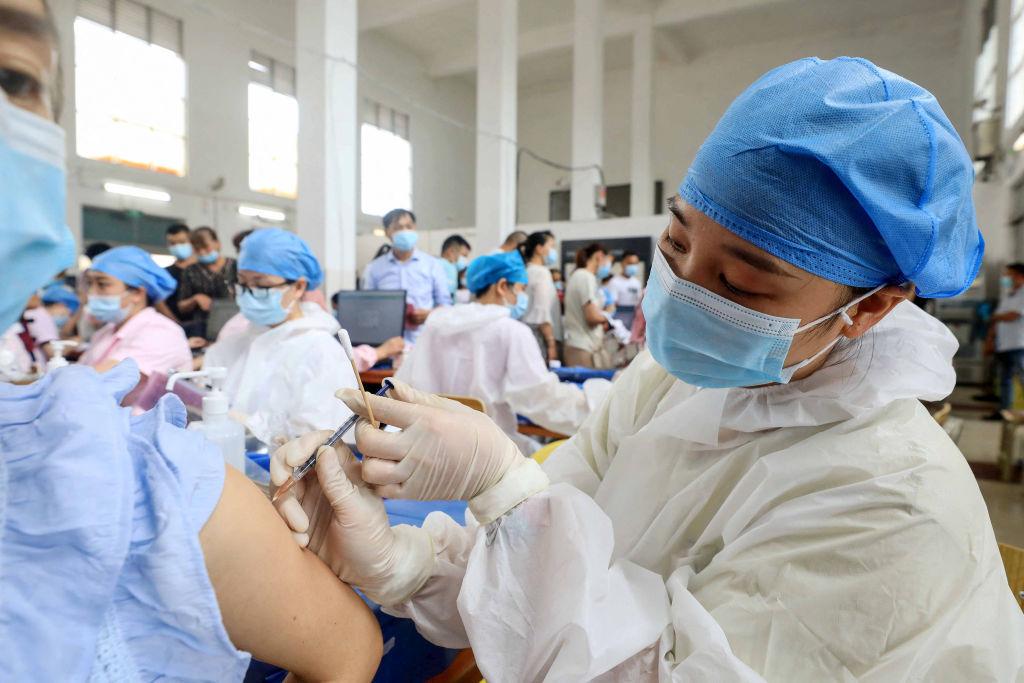Vaccine revenues by Chinese vaccine maker Sinovac have surged beginning in the first half of 2021 amid China’s ban of foreign COVID-19 vaccines in the country.
Sinovac Biotech Ltd. reported sales of $11 billion for the first half of 2021, up 162-fold from $67.7 million the previous year, with a net income of $8.6 billion, compared to a net loss of $8.7 million the previous year.




